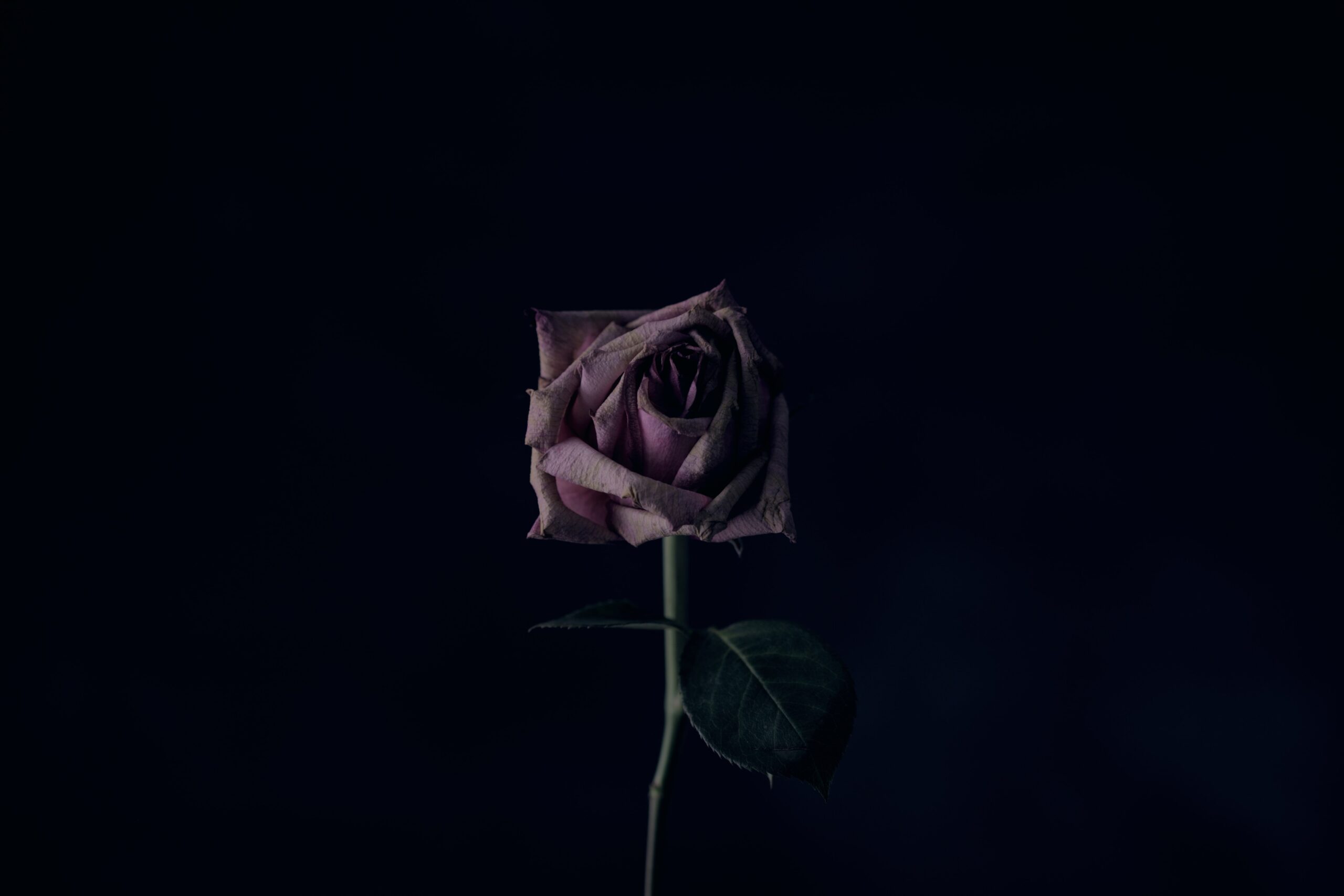It’s mid-July, the days are long, the nights are warm, and whether you’re heading to a backyard hang, dancing until sunrise, or just zoning out with your headphones, the right playlist makes all the difference. This week’s roundup brings heat from every corner: comeback singles, global collaborations, and songs that sit somewhere between a slow […]








